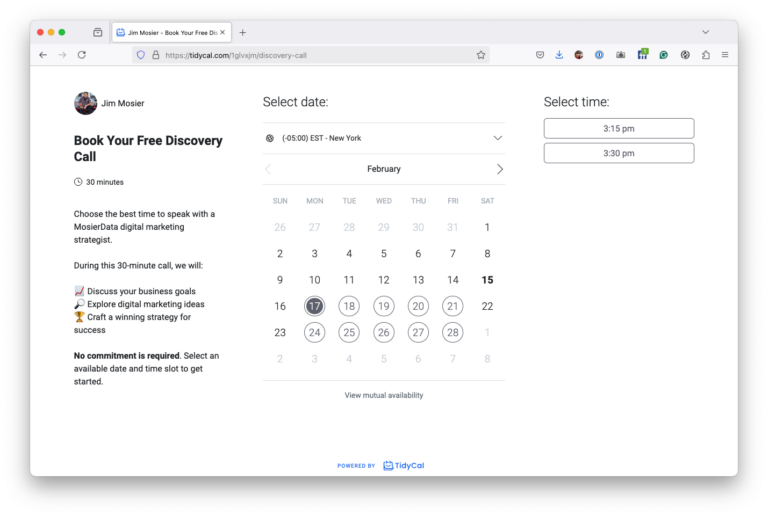As a business owner, you understand the ever-changing landscape of digital marketing. However, you’ve got at least one thing perfectly handled: your business website.
Or, at least, that’s what you might assume. Unless you have individual location pages for SEO ranking, your site lacks an integral aspect of online marketing. MosierData’s SEO experts in Lakeland, FL, demonstrate the importance of publishing a service page for each physical location below.
Location pages are website landing pages developed to target nearby service areas where your business has physical storefronts. They should include hyper-specific keywords and phrases connected to the represented location, your industry, and services. When a customer performs a local search in a search engine, they can more easily access information about your business in relation to their location.
Yes, you need location pages for SEO rankings if you have the following attributes:
Your location pages ensure potential customers know about your convenient location and search-related services. Therefore, they improve your search ranking in your area.
The only circumstance that doesn’t require location pages involves digitally accessible products or services. If customers only access your products or services via your business website, they don’t need location pages to pinpoint your service area.
A location page works like the hook of a fishing pole. Your website is the fishing pole. It hosts the necessary elements that allow you to reel your customer base toward you. Your services or products act as bait. The customers are already hungry for what you offer.
Each location page serves as a hook. You connect the hook to the fishing pole and put bait on it. When customers in nearby locations seek your services, they’ll quickly commit to a conveniently located retailer or service provider. Therefore, the location page hooks them!
Location pages differ depending on your industry, address, and the products or services you offer. However, each location page needs the following elements to perform well.
If your business serves a city, county, region, or state, include that information at the end of each page URL. Some example structures include:
Your location page content should include keywords demonstrating your industry, services, and location. Consider these examples:
A location page should reflect the same business information advertised on its coinciding Google My Business profile. Ensure your GMB profile and location pages have the following:
Finally, draft content that reflects the culture, values, and unique locational aspects of different locations. It cultivates a human connection that demonstrates how well you know the community.
Our team at MosierData can craft engaging location pages for SEO rankings. Let us create a local SEO plan to fit your brand. Contact us today!

